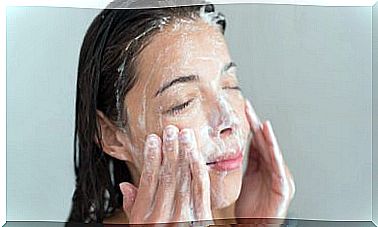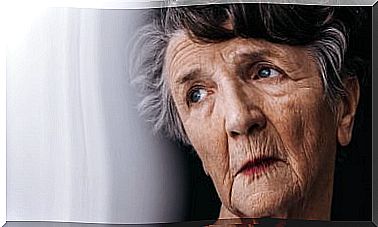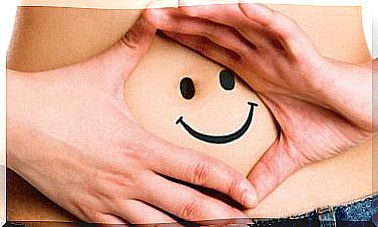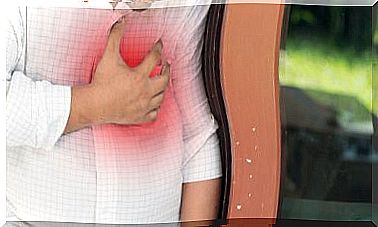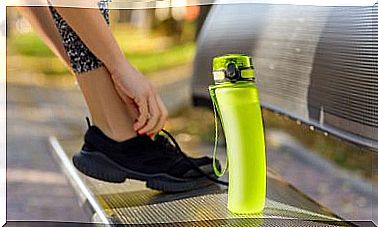6 Things You Should Avoid After Going For A Run
Although they may seem harmless to us, after running it is important to avoid some behaviors and customs that can be counterproductive and even end up being harmful to our general health

Going for a run is one of the simple ways to exercise to reduce the risks of a sedentary lifestyle. It does not require the supervision of a coach, nor does it take up too much time and, above all, we can do it anywhere.
With its regular practice we give a “boost” to our metabolism and, in addition to losing weight, we improve heart health, circulation and other vital processes for our health. However, what many do not realize is that some habits that are carried out after running can have negative effects.
Although it seems that they are “harmless”, over time they unleash some discomforts that compromise our well-being. Do you know which ones they are? We share the 6 main ones.
1. Drink too much liquid
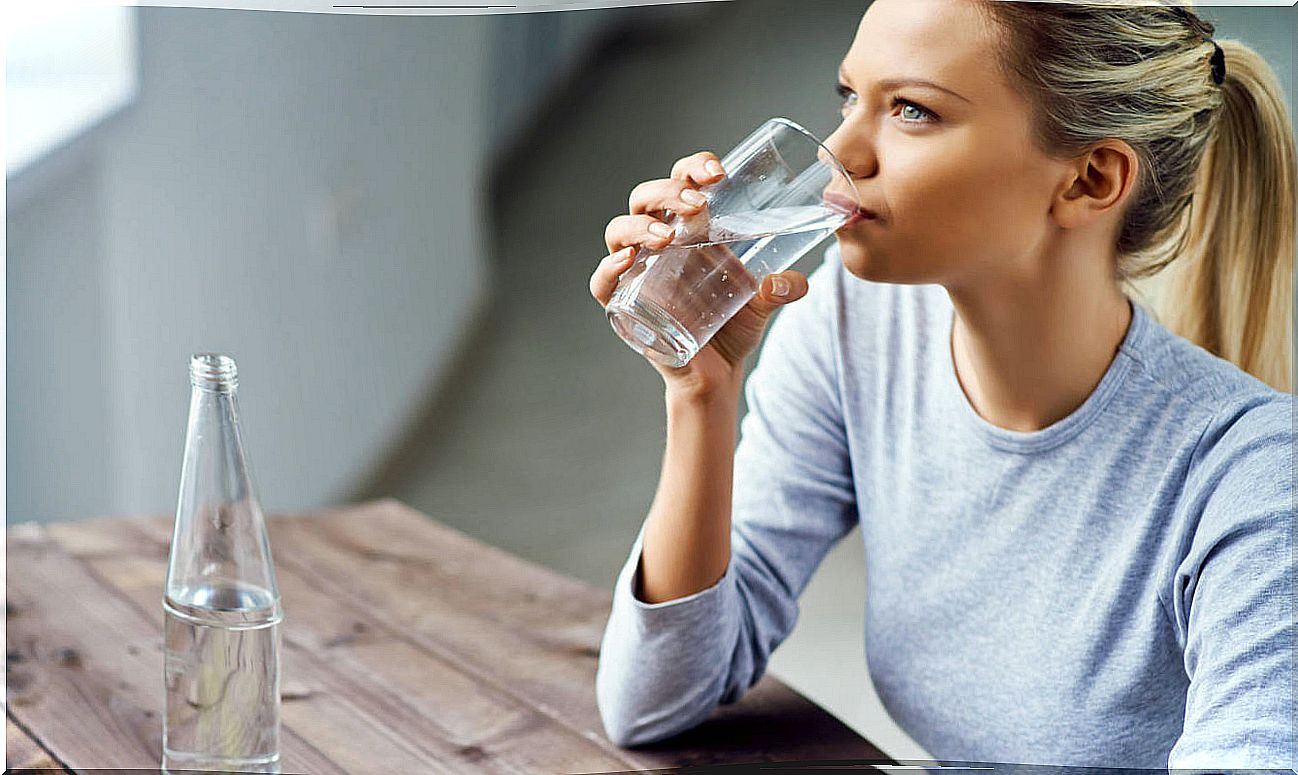
It is normal that after running we feel the need to consume liquid. In fact, we have always been recommended to drink water to overcome the fluids that are lost through sweat. However, if we focus only on drinking water, we will not achieve optimal muscle recovery.
- It is very important to consume easily assimilated sources of protein and carbohydrates, since these give energy to the body and intervene in the repair of muscles.
- If we base the recovery only on fluids, sooner or later we can suffer annoying cramps and injuries.
2. Ignore stretching
It is true that we do not need the help of a fitness trainer to run. On the contrary, what we do have to consider are those complementary activities that optimize the effects of exercise and prevent injuries.
- Stretching your muscles should be done before and after you go for a run.
- These exercises allow you to prepare and relax the muscle groups to support the effort made during this activity.
- If you don’t spend a few minutes stretching, you risk unpleasant cramps during and after your run.
3. Exerting too much effort

After going for a run it is important to take a reasonable amount of time to rest. As with other types of exercises, when running the muscles get tired and require a little rest to recover.
- If you immediately start doing other activities that require effort, you are not giving them that space they need to relax.
- Over-training wears out muscles and can lead to serious injury and illness.
- In addition, at some point it produces a greater feeling of fatigue in the body, which discourages you to continue with the exercise.
4. Exposing yourself to stress
It is normal to feel stress when we put aside being sedentary. The body is not used to the physical demands of exercise and therefore sometimes reacts with anxiety and stress. However, this situation is reduced as the activity is carried out. Running, like any other physical activity, promotes the secretion of serotonin and endorphins, known as the hormones of well-being.
For this reason, from the beginning, it is not convenient to relate exercise to these types of emotions.
- Avoid exposing yourself to stressful situations after running. Instead, do something enjoyable, such as taking a shower.
5. Self-medicate after running

Many people use an over-the-counter medication when they feel discomfort after running. However, far from being beneficial, self-medicating can bring with it a number of unwanted side effects.
- Pain can be a product of physical demand, being completely normal.
- If it is persistent or severe, it means that the muscles suffered wear and tear or bruising.
- In these cases it is better to consult the doctor to determine what the symptom is due to and what is the indicated treatment.
- Taking too many over-the-counter pain relievers and anti-inflammatories can affect your digestive system and immune health.
6. Leave your clothes wet
It is very important to change our clothes as soon as we finish running. Wet clothing creates an ideal environment for the growth of bacteria, fungi and other infectious microorganisms that can cause us illnesses.
- Regardless of whether you can shower quickly or not, change your clothes, socks, and shoes.
- Even if you sweat little, try to change as soon as you get home.
- If you are tired, try to wear comfortable and ventilated shoes.
Do you usually go for a run or are you thinking of doing it? Although it is an excellent exercise, it is important that you take into account everything mentioned here so as not to reduce its benefits. If you feel identified with any of these habits, correct it before it causes you any discomfort.
